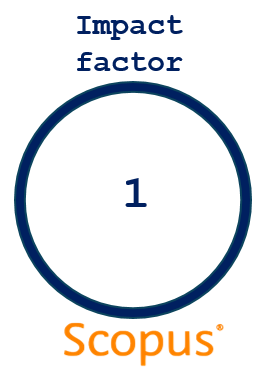ACTA Pharmaceutica Sciencia
2010 , Vol 52 , Num 3
PREPARATION AND EVALUATION OF MUCOADHESIVE MICROCAPSULES OF GLIPIZIDE FORMULATED WITH GUM KONDAGOGU: IN VITRO AND IN VIVO
Department of Pharmaceutics, Bapatla College of Pharmacy, Bapatla, Andhra Pradesh, India
Viewed :
16759
-
Downloaded :
5711
Mucoadhesive microcapsules are proposed for the antidiabetic drug, glipizide, to obtain the controlled release. Glipizide microcapsules with a coat consisting of alginate and gum kondagogu were prepared by employing ionic gelation process and emulsification ionotropic gelation process. The microcapsules were evaluated for flow properties, Carr’s index, Hausner factor, microencapsulation efficiency, drug release characteristics, surface characteristics; compatibility studies mucoadhesive properties and in vivo hypoglycemic activity. These two methods gave discrete, large sized, free flowing spherical microcapsules without any interactions. Glipizide release from microcapsules was slow and followed zero order kinetics and followed non-fickian release and depended on the coat: core ratio and the method employed in the preparation of microcapsules. Among the two methods emulsification ionotropic gelation method was found to be more suitable for slow and complete release of glipizide over a long period of time. These microcapsules exhibited good mucoadhesive property in the in vitro wash-off test. In vivo testing into rabbits demonstrated significant hypoglycemic effect of glipizide.
Keywords :
IONOTROPIC GELATION, HYPOGLYCEMIC ACTIVITY, EMULSIFICATION IONOTROPIC GELATION, GLIPIZIDE





